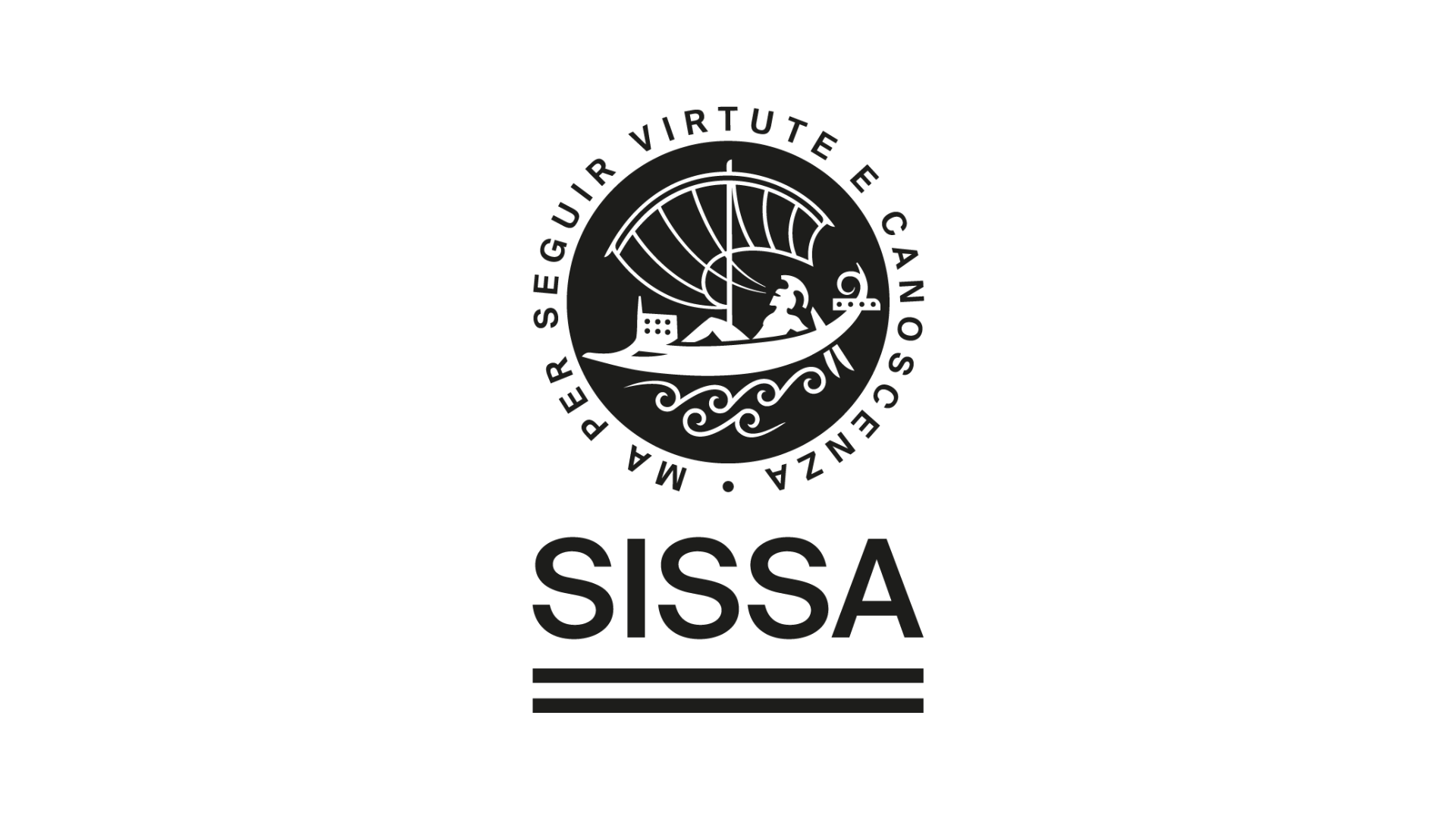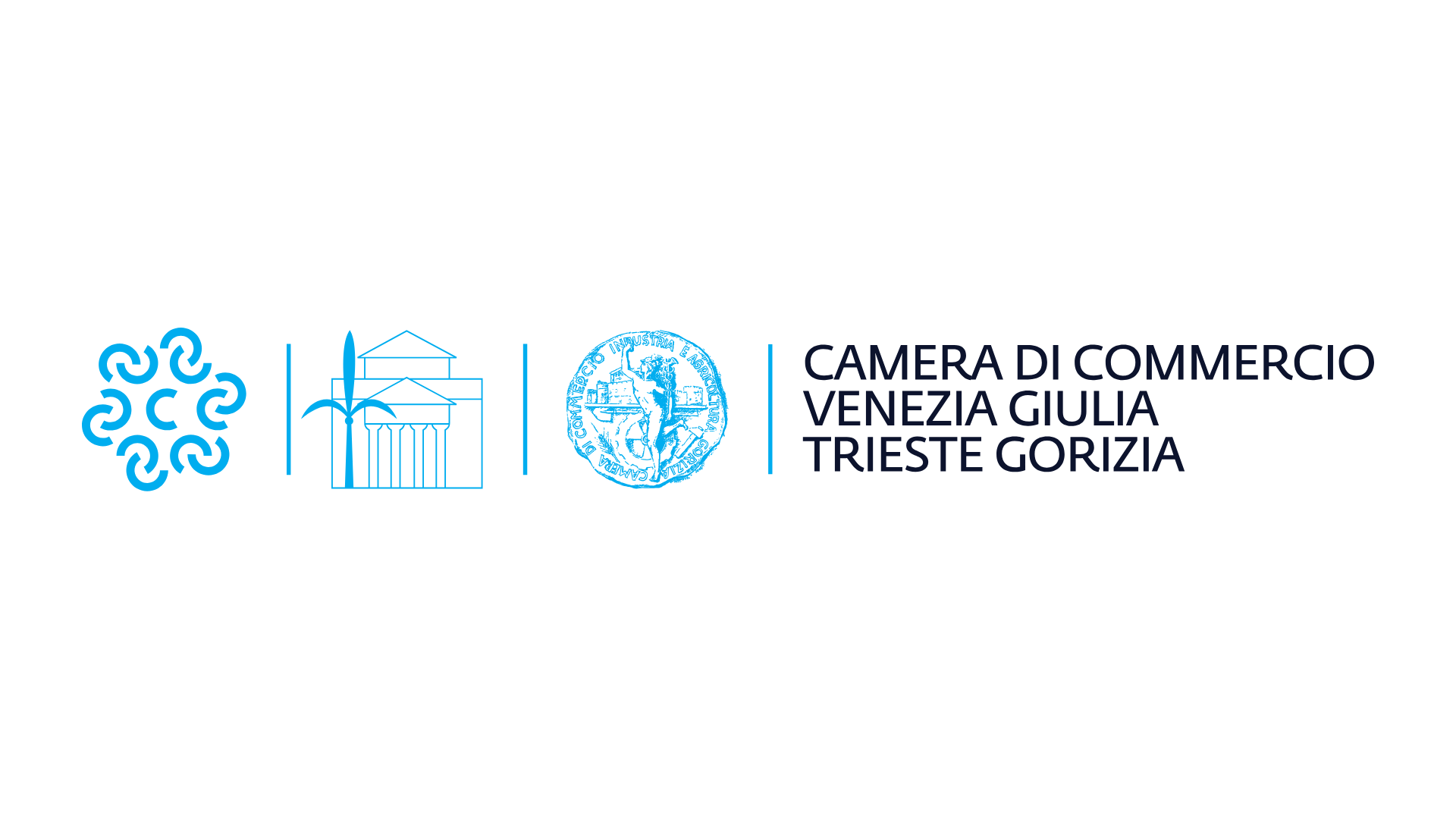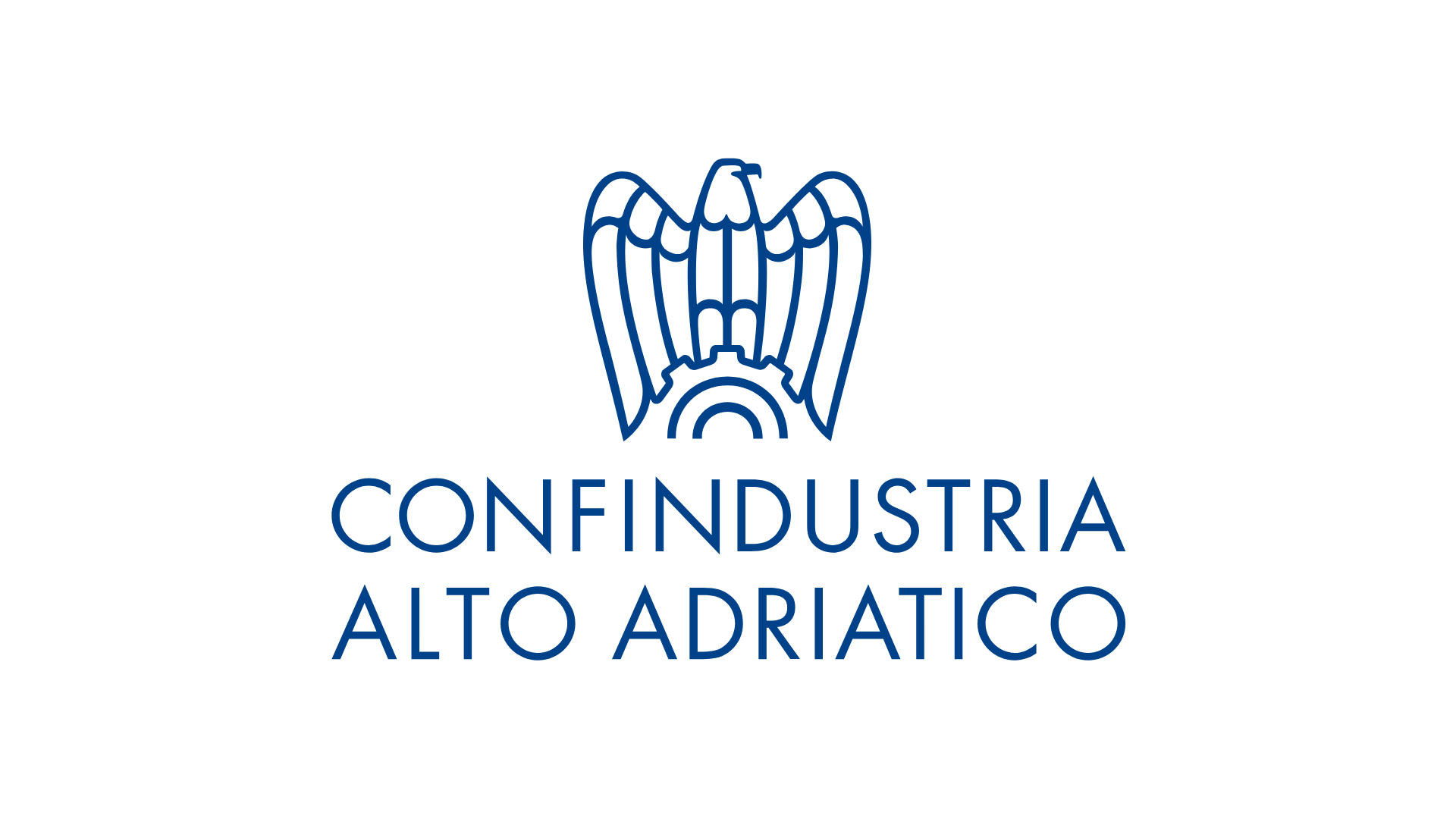Cross-Cutting Activity 2
In today’s landscape, the powerhouse of scientific progress lies within research institutes and R&D companies. These entities drive innovation in their own manner—pioneering studies and developing groundbreaking products and technologies, respectively. Imagine how far innovation could advance by harmonizing research trajectories and perspectives with market strategies aimed at shaping sustainable solutions. This is the aim of iNEST’s Cross-Cutting Activity 2 (CC2): dismantling the entrenched barriers that divide the worlds of research and production.
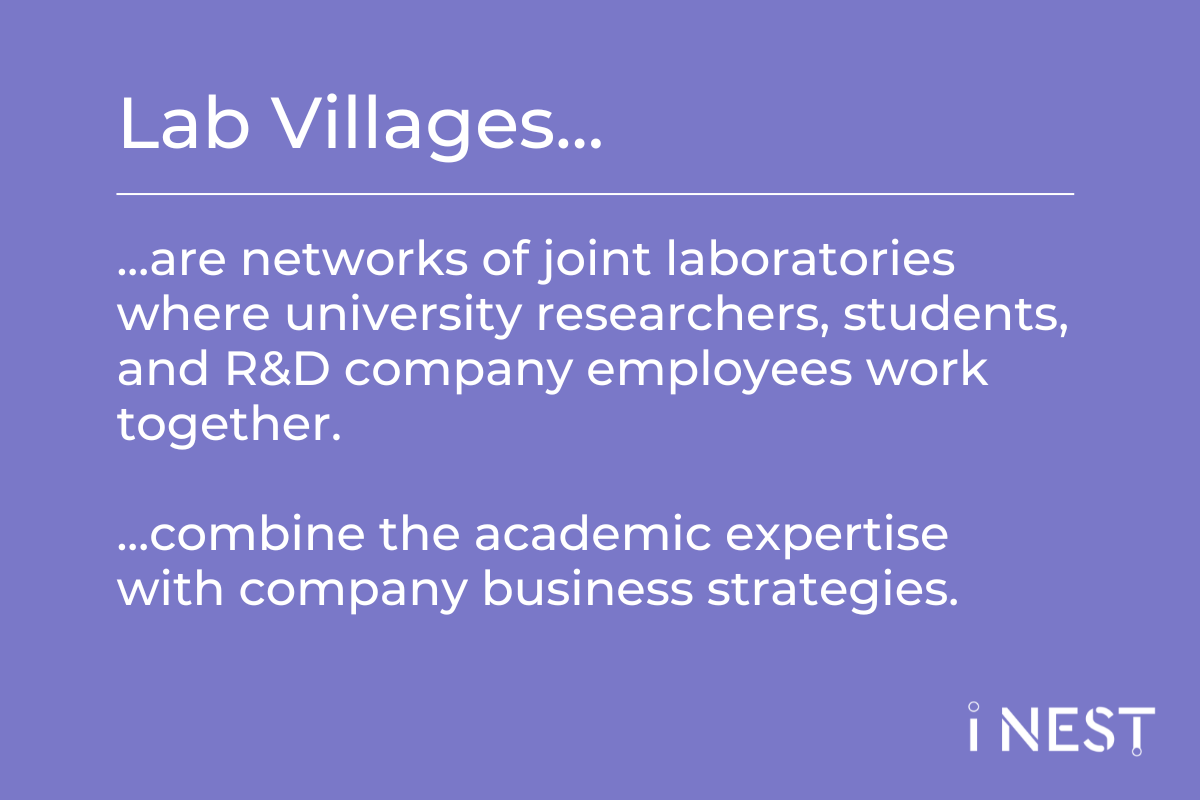
According to iNEST, the key to realize this ambitious vision lies in creating a truly shared working environment—one that transcends mere intellectual exchange to encompass physical collaboration spaces. This is the vision behind the concept of a Lab Village, a dynamic hub of joint laboratories where people coming from both academia and industry converge to co-create cutting-edge products, services, and artifacts. By identifying areas of common interest, universities and companies manage to define scientific and technological roadmaps that bring into play their respective strengths: the research expertise of academia and the strategic acuity of industry pioneers.
Within Spoke 9, the mission of CC2 is to elevate the interaction and synergy between industry and research in the area of Trieste, promoting a vision of the city as a cornerstone for sustainable and effective technology transfer. This is indeed a great opportunity to exploit the scientific potential of Trieste, the most research-oriented area in Europe. Tech transfer is useful for both research and industry, but it needs a continuous and effective dialogue between researchers and innovators.
Trieste’s dual-level Lab Village
To unleash the full potential of Trieste as a leading innovation hub, Spoke 9 is pioneering the creation of a dual-level Lab Village.

Virtual level
To bridge the gap between research and industry, Spoke 9 has developed TCube—a digital platform powered by generative artificial intelligence, designed to drive innovation and collaboration.

Physical level
The digital infrastructure of the Lab Village will be enhanced by the Digital Intelligence Hub—an advanced physical space designed to foster collaboration among researchers and innovators.
TCube: empowering tech transfer with generative AI
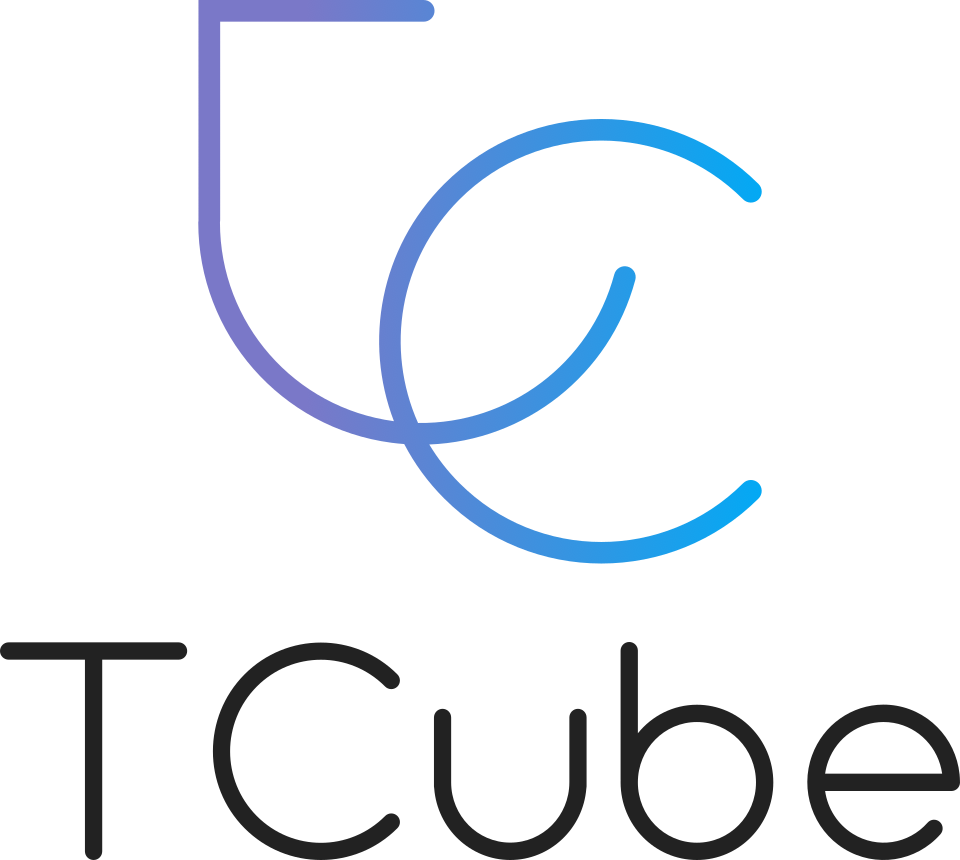
TCube (Trieste Tech Transfer) is the name of the virtual platform that Spoke 9 has developed with the support of RES.
TCube leverages generative artificial intelligence to enable quick interactions and requests from its users. It is an unprecedented application of Large Language Models (LLMs)—AI models that understand and generate natural language. By uploading new content and providing feedback, the platform is constantly updated.
The pilot version of TCube, which has been trained with the specialized knowledge of Spoke 9 researchers, is now online.
How does TCube work?
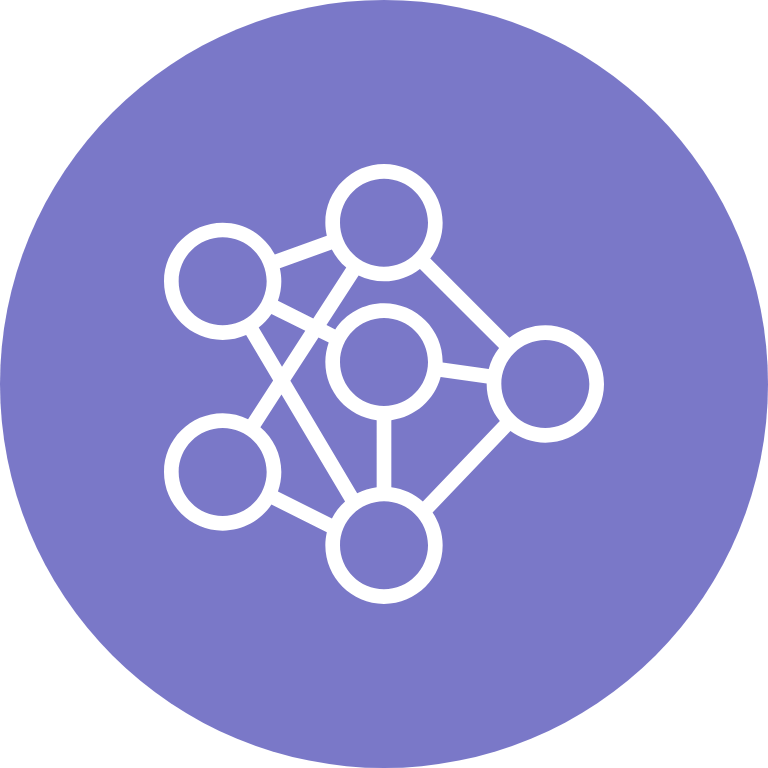
Abstraction
TCube is designed to ingest highly specialized knowledge from researchers—particularly, numerical computation methods—through scientific papers. Leveraging AI, the platform identifies and suggests alternative applications for these methods, even across different industrial sectors, unlocking new possibilities for innovation.

Translation
Building on existing knowledge, TCube delivers innovative solutions to industrial challenges, with a special focus on Small and Medium Enterprises. It transforms complex scientific content into accessible, practical insights, empowering companies to apply cutting-edge research methods to real-world problems.
What are its functionalities?

AI Search
The Search function leverages an advanced method that combines information retrieval and text generation to deliver precise and relevant results. It searches not only through scientific articles but also through their refined analyses, while highlighting key publications and researchers in the field.

AI Chat
The Chat function enables dynamic interactions by combining real-time conversation with advanced knowledge retrieval. It understands user queries, extracts relevant information from scientific sources, and generates clear, insightful responses tailored to industry needs.
TCube: GenAI for tech transfer
Official teaser of TCube. Video produced by APZmedia.

